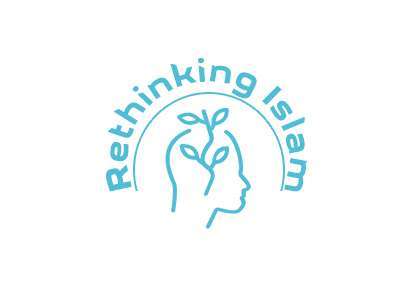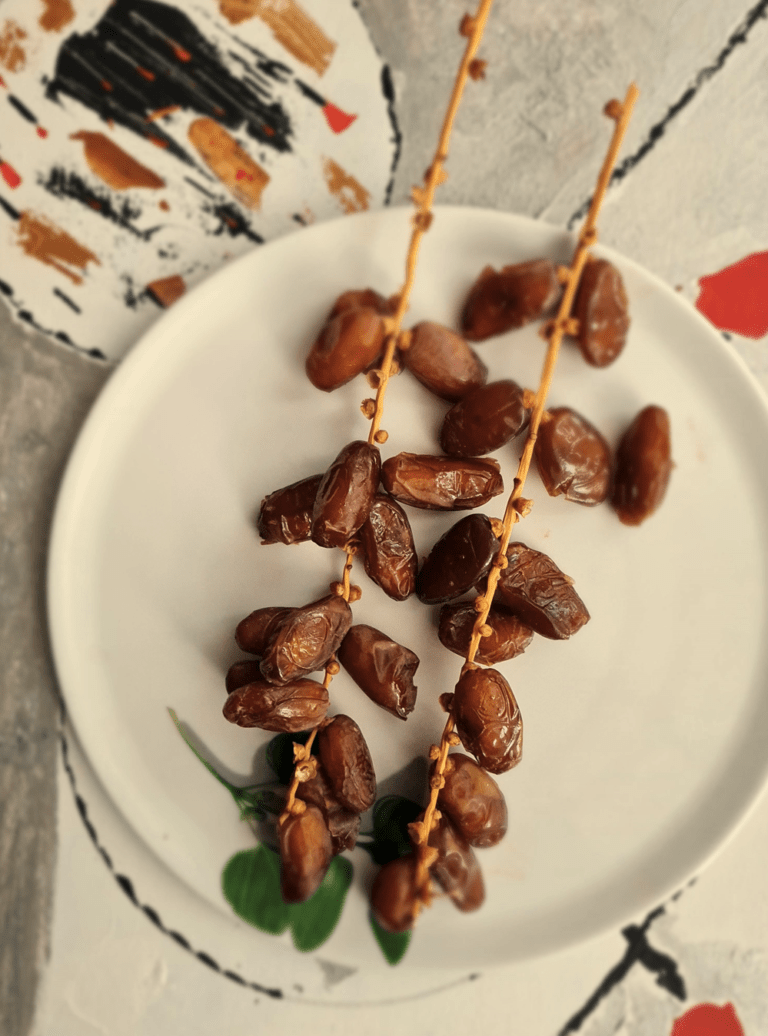Are you ready for a healthy and fulfilling Ramadan? As millions of Muslims prepare to observe this sacred month of fasting and reflection, it’s important to prioritize your health and well-being. In this article, we will explore the top diets and provide valuable tips for staying healthy during Ramadan. From the best foods for Ramadan fasting to nutrition advice and meal ideas, we’ve got you covered.
During Ramadan, fasting involves abstaining from food and drink from dawn to sunset. It’s crucial to consult with your religious leader and/or doctor before starting a fast, especially if you have any health conditions or are taking medications.
Staying hydrated is essential during Ramadan, so remember to drink fluids several times throughout the night and break your fast with water at iftar.
Eating a variety of foods during the evening will provide your body with the necessary nutrients. Incorporate whole grains, vegetables, fruits, lean protein, and healthy fats into your meals. Be mindful of portion sizes to avoid overeating and give your body enough time to register fullness.
While staying active during Ramadan is important, it’s crucial to avoid strenuous exercise during the day to prevent dehydration. Opt for short walks or easy stretches to keep your energy levels up.
Don’t forget about suhoor, your pre-dawn meal. Ensure it includes whole grains, fresh fruits and vegetables, protein, and healthy fats to provide sustained energy throughout the day. Trust your body and find what eating patterns and meal timings work best for you during Ramadan.
In conclusion, by following these top diets and tips for staying healthy during Ramadan, you can have a fulfilling and nourishing experience. Remember to prioritize your health, consult with professionals if needed, and embrace the joyous spirit of Ramadan. Let’s make this month a celebration of health, kindness, and patience.
Tips for a Healthy Ramadan
During the holy month of Ramadan, it is important to prioritize your health and well-being. Maintaining a balanced and nutritious diet while fasting can help you stay energized and nourished throughout the day. Here are some tips for healthy eating during Ramadan:
- Stay hydrated: Drinking plenty of water, herbal tea, and consuming watery foods like soups and fresh raw vegetables will help you stay hydrated and avoid dehydration during the fasting hours.
- Engage in light exercise: After breaking your fast (iftar), consider engaging in light exercise or taking a walk. This will add movement to your day and aid in digestion.
- Plan your schedule: Plan your schedule for the week ahead, including training and meal times. Listen to your body and adjust your eating and exercise routines accordingly.
- Make suhoor a priority: Suhoor, the pre-dawn meal, should be a priority. Include fresh vegetables, high-fiber complex carbohydrates, protein-rich foods, and unsaturated fats to provide sustained energy throughout the day.
- Avoid unhealthy foods: Stay away from fried and fatty foods, refined carbohydrates, and caffeine-based drinks during Ramadan. Opt for healthier alternatives to nourish your body.
- Incorporate a variety of foods: Make sure your iftar meal includes a variety of foods from different food groups. Focus on incorporating whole grains, vegetables, fruits, lean protein, and healthy fats to ensure a balanced and nutritious meal.
- Avoid overeating: It’s important to pay attention to portion sizes and avoid overeating during Ramadan. Choose nutrient-dense foods that provide the necessary nutrients without excessive calories.
- Prioritize sleep: Pay attention to your sleeping schedule and ensure you get adequate rest during this holy month. Proper sleep will help you maintain your energy levels and overall well-being.
By following these tips, you can enjoy a healthy and fulfilling Ramadan experience. Remember to consult with healthcare professionals if you have specific dietary restrictions or health concerns that need to be addressed during fasting. Listen to your body, trust your instincts, and find what works best for you in terms of fasting and eating patterns. Embrace the joyous spirit of Ramadan, enjoy meals with loved ones, and practice kindness and patience towards yourself and others during this blessed month.
Conclusion
Fasting during Ramadan is not only a religious practice but also an opportunity for self-reflection and self-discipline. It is crucial to prioritize your health and well-being during this period. By following a balanced and nutritious diet, staying hydrated, and maintaining an active lifestyle, you can ensure that you have a healthy and fulfilling Ramadan experience.
Consulting with healthcare professionals is essential if you have specific dietary restrictions or health concerns that need to be addressed during fasting. They can provide valuable guidance and tailor a fasting diet plan that suits your individual needs.
Remember to listen to your body, trust your instincts, and find what works best for you in terms of fasting and eating patterns. Every individual is unique, and it’s important to find a routine that keeps you nourished, energized, and in good health. Alongside your dietary choices, embrace the joyous spirit of Ramadan, enjoy meals with loved ones, and practice kindness and patience towards yourself and others during this blessed month.

